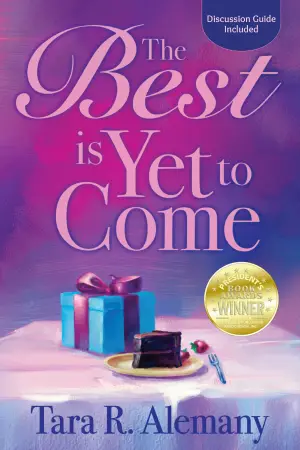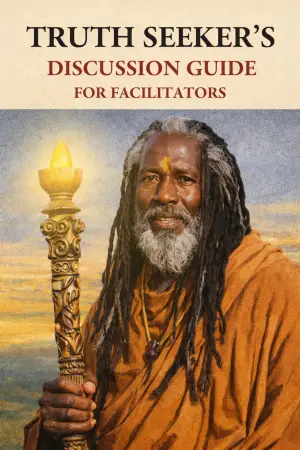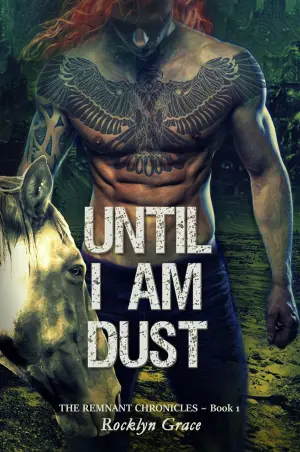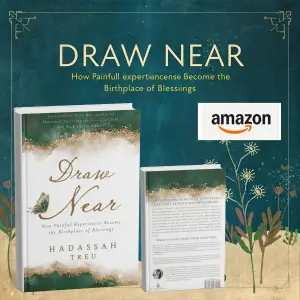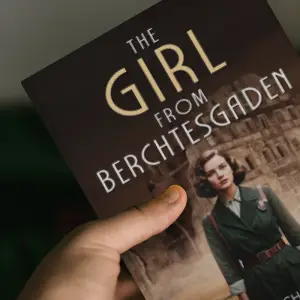I recently finished reading Tiny Experiments: How to Live Freely in a Goal-Obsessed World by Anne-Laure Le Cunff, and I must say, it was quite an enlightening journey. As someone who enjoys self-improvement literature and grapples with the traditional linear approaches to success, I found myself drawn to the book’s promise of a transformative perspective on goals and creativity. I had heard about Le Cunff’s work through her engaging Ness Labs newsletter, which piqued my interest in her concepts of experimentation and curiosity.
The book presents a fresh take on the dizzying demands of modern life by capturing what it means to adopt an experimental mindset. It invites readers to perceive uncertainty not as a roadblock but as a landscape rich with possibilities and opportunities for growth. Le Cunff outlines a clear framework: “Pact, Act, React, Impact,” along with tools like “Plus, Minus, Next” to help readers navigate their experiments meaningfully. This systematic approach is both liberating and practical.
One standout aspect of the book is how well it resonates with readers grappling with self-doubt. For instance, I related to what reviewer Madmorg13 wrote about shedding fears of judgment and failure. Many people have shared how the book offers a formalization of their inner instincts to step beyond conventional career paths. It’s an encouraging reminder that experimentation can create a life full of rich experiences, particularly relevant as I reflect on my own career decisions.
Another positive takeaway is the soundness of the practical advice. It aligns with the insights shared by Wally Bock, another enthusiastic reader who praised the book for being a tool to enhance everyday decision-making. He highlights how traditional goal-setting frameworks often fall short in today’s unpredictable landscape, and Le Cunff provides essential tools to adapt and flourish. Readers are encouraged to embrace discomfort, using it as a springboard for significant discovery.
However, I do want to address a few drawbacks that resonated with my experience as well. Some readers might find the concepts a bit dense at times, especially if they’re new to the idea of transitioning from linear goal-setting to an experimental mindset. While the theories resonate deeply, occasionally, the execution can feel overwhelming, which might detract from the experience for someone seeking a straightforward read. Additionally, I felt there were moments where the scientific research could have been linked to more personal anecdotes. A little more storytelling might make those complex theories even more relatable and accessible.
On the flip side, Le Cunff’s approach to dismantling harmful beliefs about achievement was refreshing. It reminds us that not only can we live authentically without the rigid structure of traditional goals, but also we can pursue our curiosities while learning along the way. This sentiment was echoed by Drew, who beautifully articulated how the book serves as a North Star for those navigating uncertain paths in life.
Overall, Tiny Experiments met my expectations and then some. The blend of neuroscience and personal development makes it compelling for anyone wanting to recalibrate their approach to life and work. The actionable steps provided can help anyone, regardless of age or professional background. It certainly encourages a reawakening of curiosity amidst the noise of a busy world.
In conclusion, I highly recommend Tiny Experiments for anyone looking to redefine their relationship with goals and broaden their horizons. If you’re tired of feeling boxed in by traditional metrics of success, this book offers accessible guidance to transform your journey into a series of exciting experiments. I left feeling invigorated, ready to embrace uncertainty as an ally in my quest for a more fulfilling life.
Discover how to embrace freedom and joy in a world of constant striving with Tiny Experiments. >>




